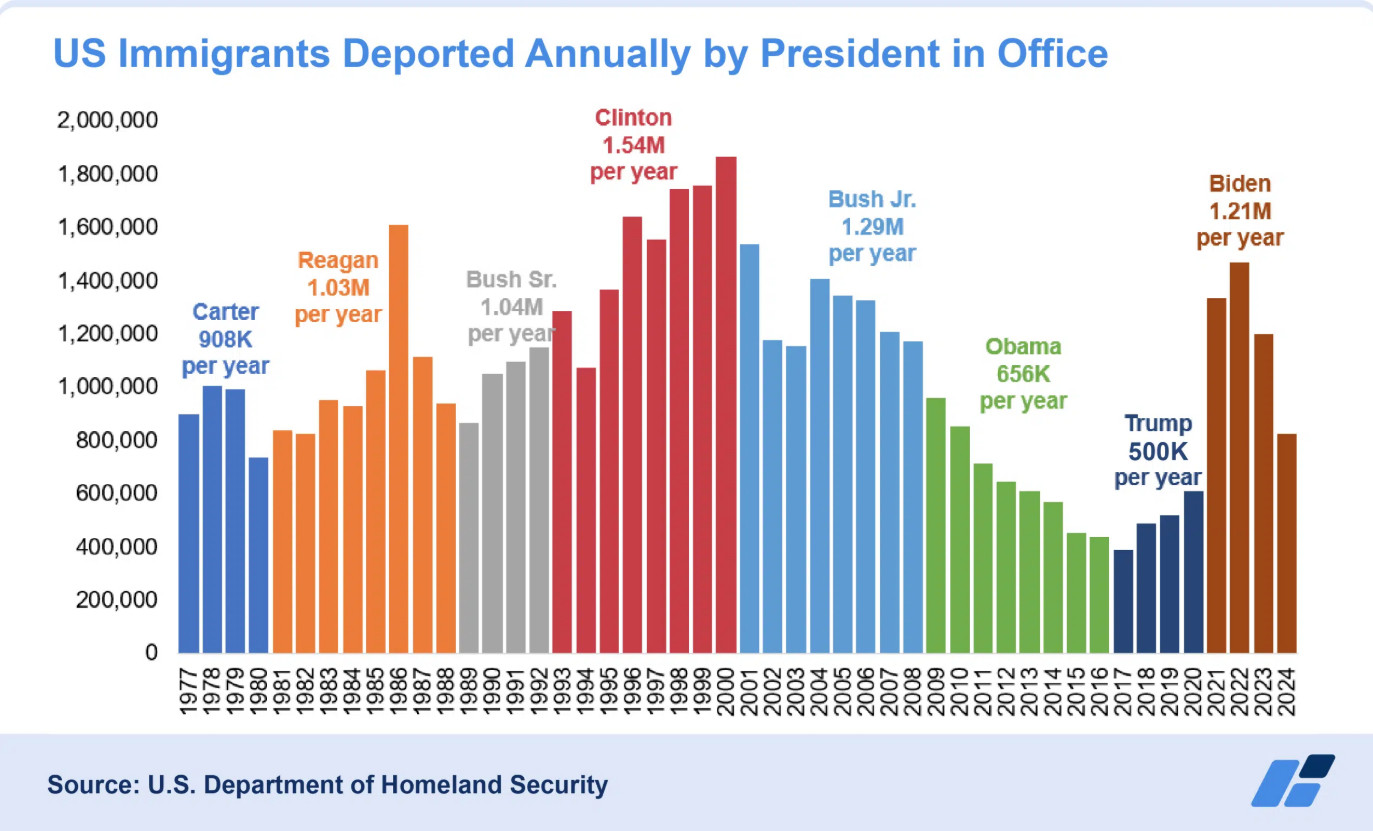Words do have meaning, and Trump's obligation to get Garcia back from El Salvador is found in the words he uttered when he gave his oath to the U.S. Constitution.
It is the Constitution which obligates Trump to use all measures to bring him back. If he does not, he is not doing his job.
Fourth Circuit recently ruled:
The Supreme Court’s decision does not, however, allow the government to do essentially nothing. It requires the government “to ‘facilitate’ Abrego Garcia’s release from custody in El Salvador and to ensure that his case is handled as it would have been had he not been improperly sent to El Salvador.” “Facilitate” is an active verb. It requires that steps be taken as the Supreme Court has made perfectly clear. (“[T]he Government should be prepared to share what it can concerning the steps it has taken and the prospect of further steps.”). The plain and active meaning of the word cannot be diluted by its constriction, as the government would have it, to a narrow term of art. We are not bound in this context by a definition crafted by an administrative agency and contained in a mere policy directive.
Thus, the government’s argument that all it must do is “remove any domestic barriers to [Abrego Garcia’s] return,” is not well taken in light of the Supreme Court’s command that the government facilitate Abrego Garcia’s release from custody in El Salvador. “Facilitation” does not permit the admittedly erroneous deportation of an individual to the one country’s prisons that the withholding order forbids and, further, to do so in disregard of a court order that the government not so subtly spurns. “Facilitation” does not sanction the abrogation of habeas corpus through the transfer of custody to foreign detention centers in the manner attempted here. Allowing all this would “facilitate” foreign detention more than it would domestic return. It would reduce the rule of law to lawlessness and tarnish the very values for which Americans of diverse views and persuasions have always stood.
--
And the differences do not end there.
The Executive is inherently focused upon ends; the Judiciary much more so upon means. Ends are bestowed on the Executive by electoral outcomes. Means are entrusted to all of government, but most especially to the Judiciary by the Constitution itself.
The Executive possesses enormous powers to prosecute and to deport, but with powers come restraints. If today the Executive claims the right to deport without due process and in disregard of court orders, what assurance will there be tomorrow that it will not deport American citizens and then disclaim responsibility to bring them home? And what assurance shall there be that the Executive will not train its broad discretionary powers upon its political enemies? The threat, even if not the actuality, would always be present, and the Executive’s obligation to “
take Care that the Laws be faithfully executed” would lose its meaning.
--
The Supreme Court and the Fourth Circuit are telling Trump to do his ****ing job.


